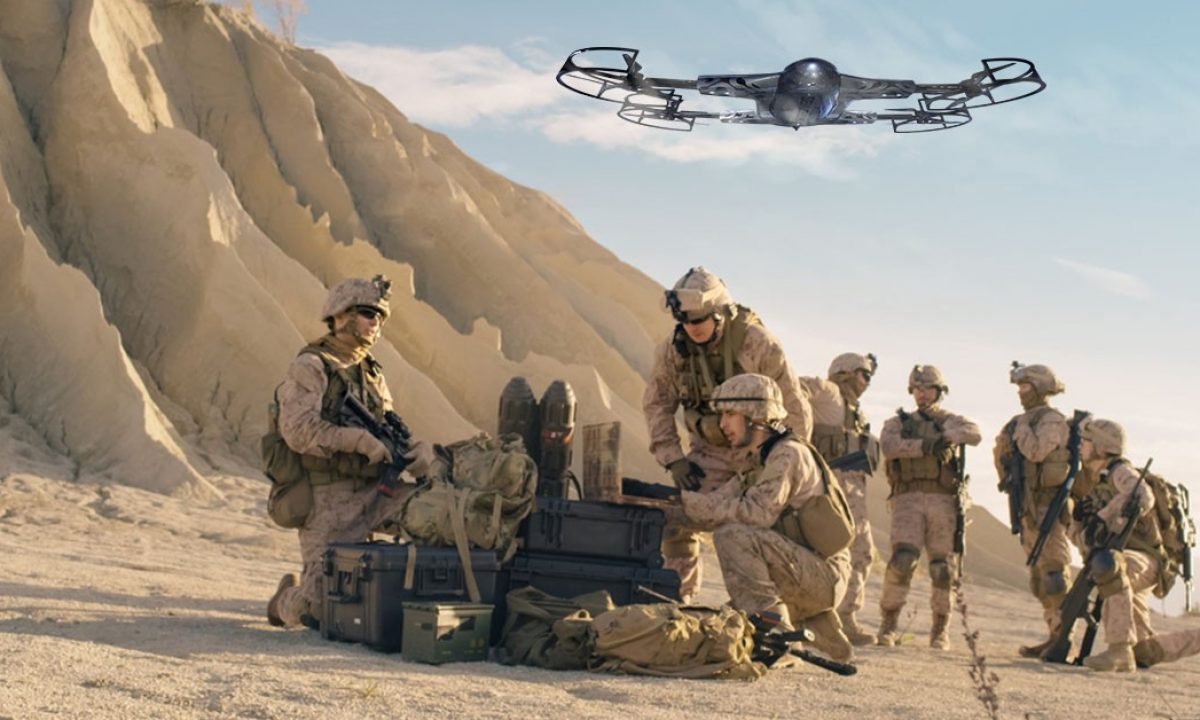The Rise of Drone Technology
The use of drones in modern warfare has revolutionized the way military operations are conducted. These unmanned aerial vehicles (UAVs) have become an integral part of military strategies and have had a significant impact on the outcome of conflicts around the world.
Increased Surveillance and Intelligence Gathering
One of the key advantages of drone technology in modern warfare is its ability to provide increased surveillance and intelligence gathering capabilities. Drones equipped with high-resolution cameras and advanced sensors can fly over enemy territory, providing real-time video footage and data to military commanders.
This enhanced situational awareness allows military personnel to make more informed decisions and develop effective strategies. Drones can gather valuable information about enemy positions, movements, and intentions, which can be crucial in planning and executing military operations.
Precision Strikes and Targeted Killings
Drones have also revolutionized the way military forces conduct strikes and targeted killings. With their ability to loiter over a target area for extended periods, drones can gather intelligence and identify specific targets with precision.
Unlike traditional airstrikes, which often result in collateral damage and civilian casualties, drones can minimize these risks by precisely targeting enemy combatants and infrastructure. This has led to a reduction in civilian casualties and a more effective use of military resources.
Reduced Risk to Military Personnel
One of the most significant advantages of drone technology in modern warfare is the reduced risk to military personnel. With drones, military operations can be conducted remotely, eliminating the need for boots on the ground in dangerous and hostile environments.
This not only reduces the risk of casualties but also allows military personnel to operate from a safe distance. Drones can be controlled from secure locations, minimizing the exposure of military personnel to enemy fire and other dangers.
Challenges and Ethical Considerations
While drone technology has undoubtedly revolutionized modern warfare, it also presents certain challenges and ethical considerations. The use of drones raises concerns about privacy, as they can be used for surveillance and intelligence gathering not only in combat zones but also in civilian areas.
Furthermore, there is an ongoing debate about the legality and morality of targeted killings conducted by drones. Critics argue that the use of drones for targeted killings violates international law and raises questions about due process and accountability.
Conclusion
The impact of drone technology on modern warfare cannot be overstated. Drones have revolutionized surveillance, intelligence gathering, and precision strikes. They have reduced the risk to military personnel and changed the dynamics of military operations.
However, the use of drones also presents challenges and raises important ethical considerations. It is crucial for policymakers, military leaders, and society as a whole to carefully consider the implications of drone technology and establish guidelines and regulations to ensure its responsible and ethical use in modern warfare.



































